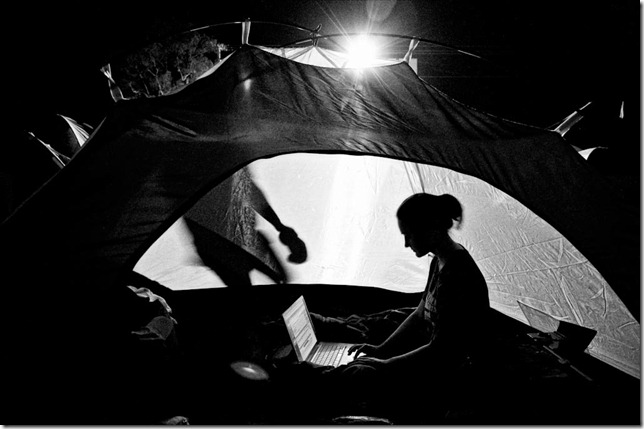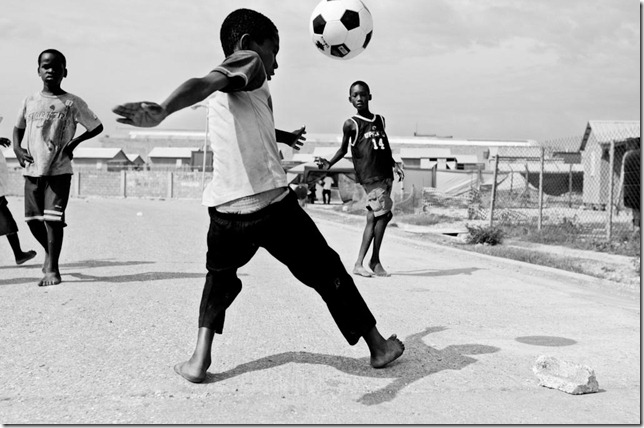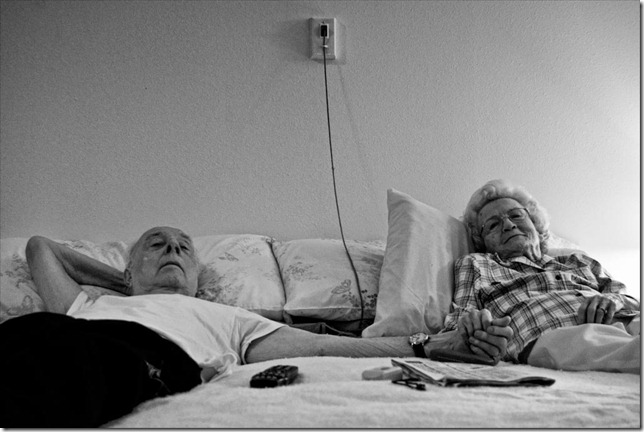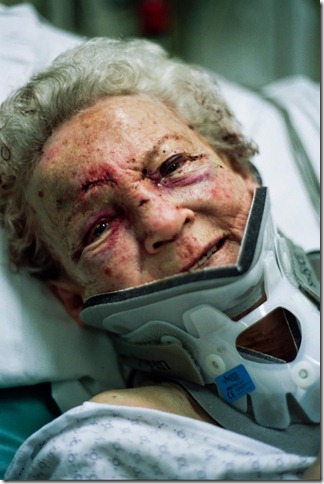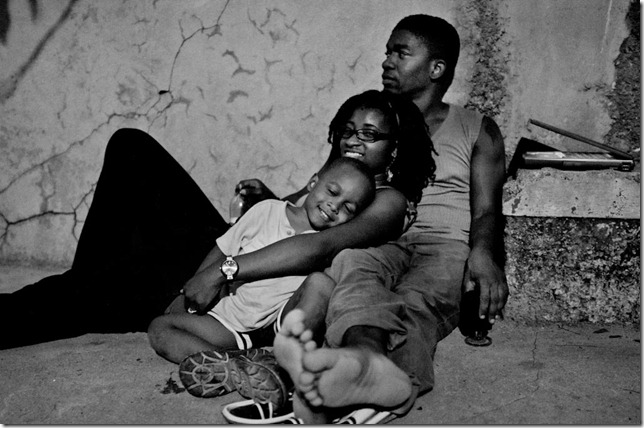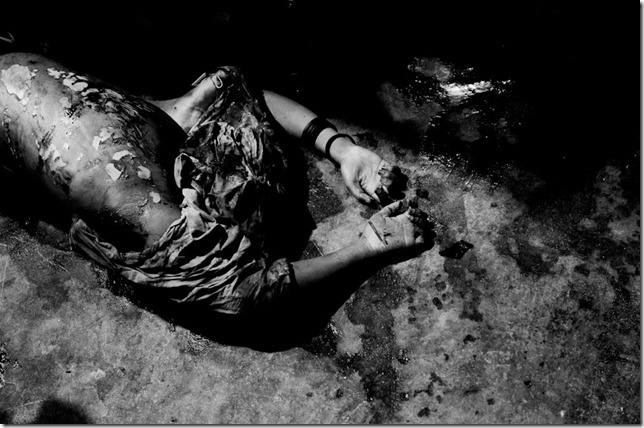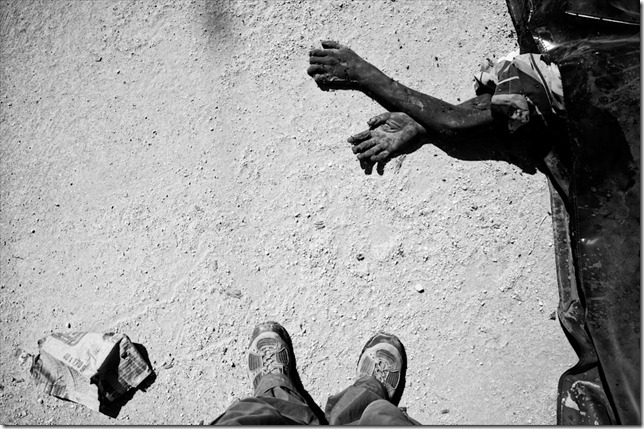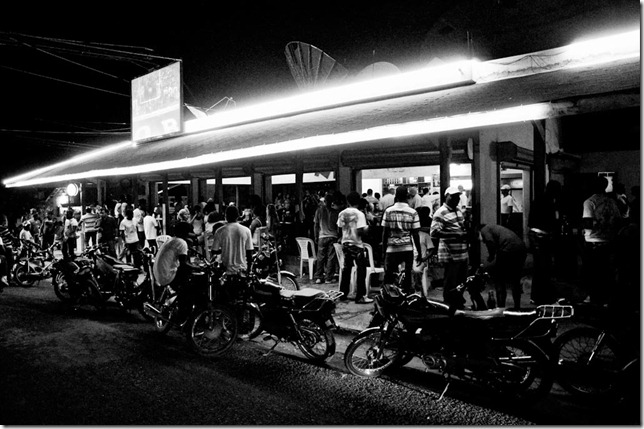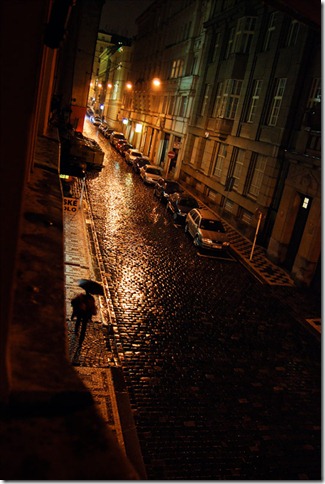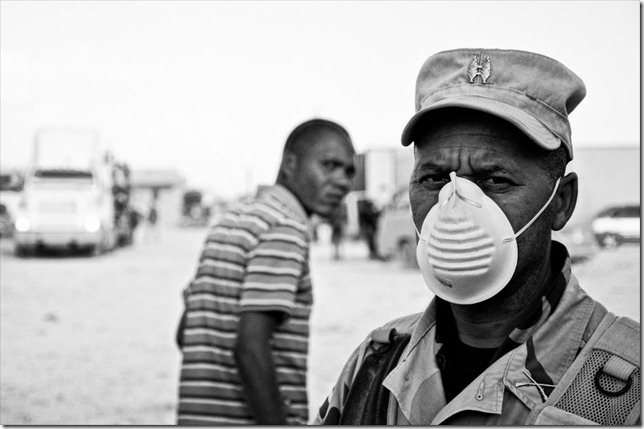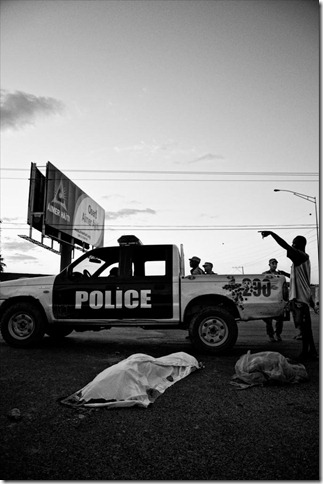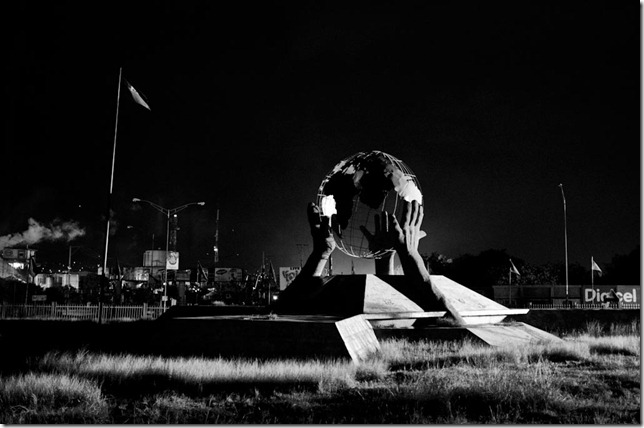WARNING:Â This post contains images that some may find disturbing.
Documenting humanity is extreme street photography, not only do you have to capture representative images, you are often in the midst of heart-wrenching situations.
Robert Larson realized he loved photography when he was 19 years old (he is now 26). When he graduated from high school, his dad impressed upon him to read Guy Kawasaki’s Hindsights speech. One of Guy’s suggestions was to live off your parents as long as possible, stretch out your education, gain experience, and find things that you enjoy doing. So while at community college, Robert did exactly that. On his path of discovery, he found a course that looked very interesting to him – it was Basic Photography.
Another one of Guy’s suggestions was to travel; being a good listener, Robert took that advice above and beyond. He never finished his degree because he funneled his resources into traveling. Between 2005 and 2008, Robert traveled to 17 different countries throughout West Africa, Europe, and Asia. It was during that time period that he realized that he wanted to try and make a living as a photographer.
Robert’s early photographic experience in documenting humanity began when he started taking pictures of his Grandma and Grandpa, natural subjects not just because of the family bond, but he also lived with them.
Unknown to Robert, at the time, his grandparents would become his first long term project, as he photographed them over the course of a few years. He captured quiet moments of his grandparents reading in the morning, and sometimes heart wrenching moments when Grandma would fall and Grandpa and Robert would take her to the hospital in the middle of the night. Photographing his grandmother after one of her falls was one of his most touching situations.
In his words “her face was beat to hell.†She suffered swelling, bruises, multiple stitched up cuts, a neck brace and yet she smiled at him and warmed his heart like she always did. He photographed them both for many years, up until just recently; his Grandfather died two years ago, and his Grandmother just a little over a month ago.
While Robert acknowledges that taking a photograph does not instantly change a situation, having a documentary record makes the viewer abundantly clear of the reality on the ground; the photographs then serve as a catalyst for action. He is pleased to report though that he has made some enduring friendships during his visits to Haiti, of his friends he has met he says “we have enriched each other’s lives.â€
One of Robert’s worst memories of documenting humanity through his photography is the morgue at the General Hospital in Port-au-Prince, Haiti. It raised so many initial questions in his mind about the country, the people and humanity in general. He could not fathom why the workers were treating the dearly departed with such little respect. During one of his trips to Haiti, his friend, Renaldo, was murdered and placed in that very morgue. Robert and his Haitian friends learned a lot about how that place operates once Renaldo’s body was sent there. It was apparent to him that some of the workers at the morgue use the dead to extort money from the living. The recently deceased are often left out in the hallway for weeks at a time.
The families and friends are traumatized by the treatment and pay money just to have their loved ones moved into the freezers. One would expect that this would bring some respite. However, bodies are only tossed on the floor of the freezer and additional money is required if the relatives want their loved ones to be placed on the racks. Shockingly, it suddenly made sense to him why he saw the same bodies in the morgue year after year.
In the end, it cost nearly USD $300 to have Renaldo’s corpse treated with dignity, but by that time they had left him out in the hallway for nearly two weeks and his body had sadly decomposed. Robert laments, “the whole process was maddening.â€
Still, in Haiti, despite being surrounded by tragedy, life goes on.
His best memory while documenting humanity was leaning out a hostel window in Prague, Czech Republic on a rainy night completely blitzed on Absinthe and trying to take pictures of people walking down the street with their umbrellas. It took a long time before he finally got a clear picture, but it has always been one of his favorite pictures, and memories.
Robert offers some advice to those who want to get involved with documenting humanity. He says:
I think people should turn the camera inward first. Document the happy times and the sad times in your own life… photograph the people you love through thick and thin. If you can’t photograph people you know and love, and who love you in return, then I don’t think you have any business photographing strangers.
He further goes on to say:
Don’t expect to make any money… do it because you love it. Be ready to bite the bullet and shoot weddings… and take whatever other uninspiring photography jobs might come your way.
Robert’s mentor once told him that, “finding financial success with your personal work is a decade-long game of inches.â€
Waiting for Haiti
One of Robert’s current projects is The Waiting for Haiti project. Robert will visit Haiti again next year and encourages you to support the project by sharing it with your friends and colleagues, and also talking about it. His hope is that it will be a seed for someone, he has no idea who that person is, it could be someone you know, but there is no doubt that Haiti is in desperate need of help. He also suggest that J/P HRO is an effective Non-Govermental Organization (NGO) in Haiti.
If you want to make an donation to Robert’s project, you can do so at www.WaitingForHaiti.com, he has big plans for the project in 2012 and needs all the help he can get!  Robert has also entered his Waiting For Haiti project to the Exposure 2011 contest.  You can support him by voting here, if he wins the People’s Choice award it will contribute USD $2,500 towards funding his project.
Robert’s work may be seen at the Waiting for Haiti site in addition to his own personal website RobertLarsonPhotography.com
Good luck in your 2012 Haiti project Robert from all the writers at FYP and also our readers, God speed!

